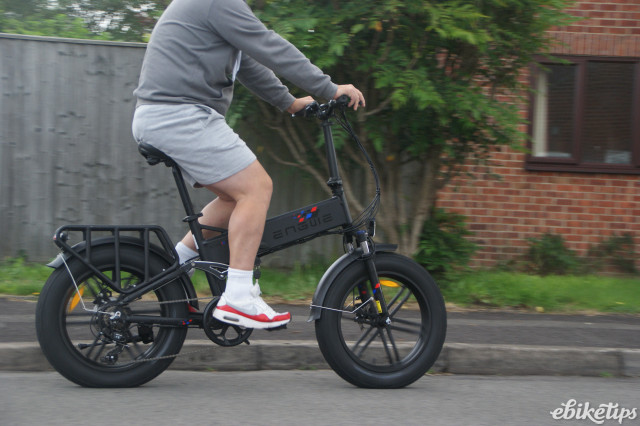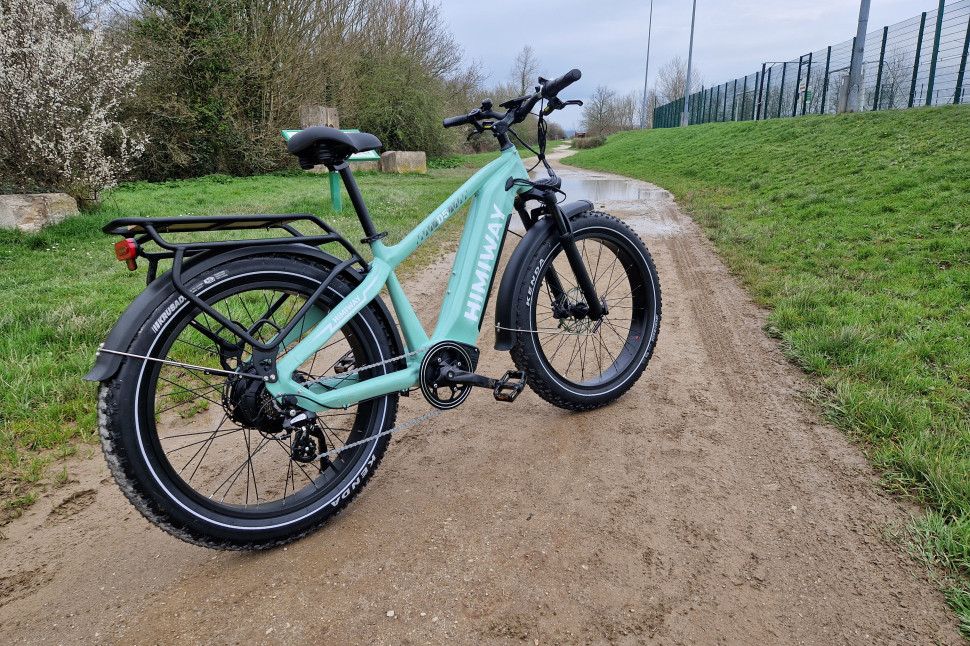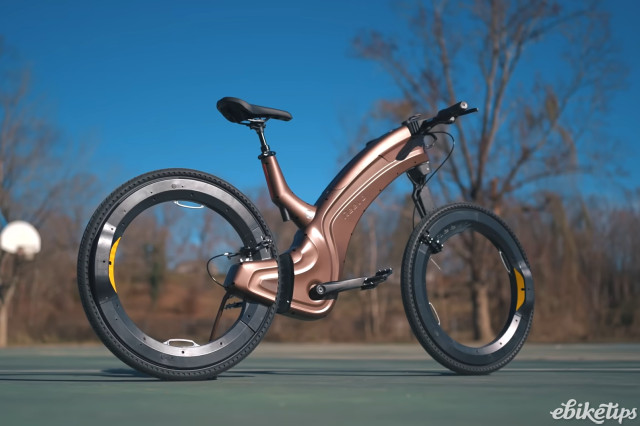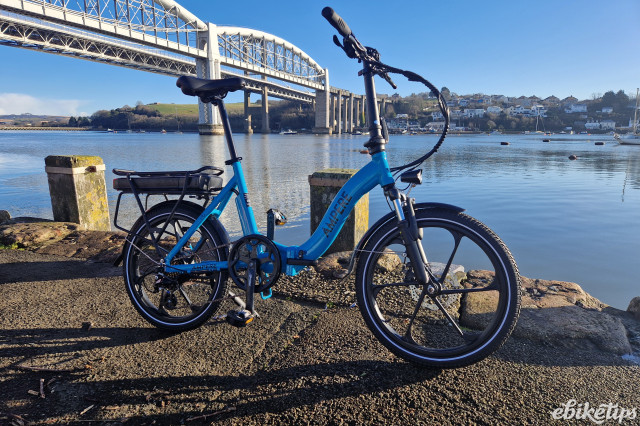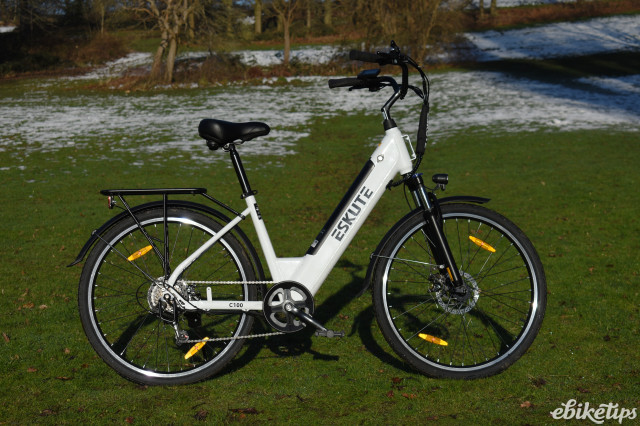The government’s recent e-bike proposals to double the legal wattage of motors to 500W and allow ‘twist and go’ e-bikes with throttle control up to 15.5mph are ‘unnecessary’, ‘risky’, and the ‘wrong approach’, the Bicycle Association (BA) and Association of Cycle Traders (ACT) have said.
The Department for Transport (DfT) announced the proposed changes in February, with the rationale that they will make electrically assisted pedal cycles (EAPCs), “a more attractive and viable travel option for more people”.
But the BA and ACT are ‘strongly recommending’ that the industry oppose both changes, saying that the current regulations, “work well overall, with huge potential for growth as seen in other countries”.
They added: “There’s no evidence these changes would significantly boost demand - instead, for real e-bike growth we need safer cycling infrastructure, and purchase incentives to address affordability.”
The trade bodies also said it would take reputable suppliers time to deliver safe, tested products to a new specification. “So in the short-term this change will drive customers to order high fire risk 500W products online, and/or to tamper with existing e-bikes, also with potential fire risk,” they said.
“Longer-term, it risks moped-style regulations on the whole e-bike category, because with no pedalling required e-bikes would be seen as light mopeds, not as cycles. There are also as yet unquantified risks from more powerful, heavier e-bikes sharing cycle lanes, risking further regulatory backlash.”
> You can legally ride the Swifty Go GT500 e-scooter on UK roads (because technically, it's a moped)
They added that while the industry welcomes innovation and the potential of new micromobility vehicle categories, “these proposals do not provide a sustainable framework for these new opportunities.
“We strongly urge that any new vehicle types, for example 500W, throttle e-bikes or e-scooters, be introduced under the comprehensive LZEV framework approach which was already proposed by the current government, to provide category-specific regulations appropriate to each new vehicle type, and leave the well proven EAPC regulations broadly unchanged.”
Last month, charity Cycling UK said the proposals present a “huge safety risk” to pedestrians and others who cycle. Director of external affairs, Sarah McMonagle, said the increased power, "would mean faster acceleration and much heavier bikes, which we’re really concerned about.”
The BA also previously suggested that higher powered vehicles would accelerate more quickly and would require bigger batteries, making them heavier and more dangerous in crashes.
It said that while the idea of more power and throttles may seem superficially attractive, “we believe it cannot be introduced without putting at risk the electric cycle’s category status as ‘not a motor vehicle'."
McMonagle also said that e-bikes with no pedal requirement would reduce the health benefits of e-cycling - "in essence, they would blur the line between e-bikes and electric motorbikes”.
> Study finds e-bikes may lead to people giving up cars and says they should be at core of planning
ACT director Jonathan Harrison said e-bike sales are “critical” to the success of cycle retailers across the UK, “and we are really concerned that these proposals will put that at risk.
“Blurring the lines between e-bikes and mopeds risks a regulatory backlash which could easily make the entire e-bike category less attractive, and that could be disastrous for the cycle trade. We’re asking retailers, and their customers, to speak up and respond to this consultation.”
Steve Garidis, BA executive director, said: “These proposed changes may seem superficially appealing to some users, but everyone in the industry should realise that they fundamentally change the nature of the e-bike. And that puts at risk its status of being treated like a bicycle in law, rather than as a moped.
“We strongly urge everyone in the industry to respond to this consultation - and to urge e-bike end users and customers who love the freedom of using their e-bike just like a bicycle, to do so too.”
The consultation began on February 29 and will run until 11:59pm on April 25.
